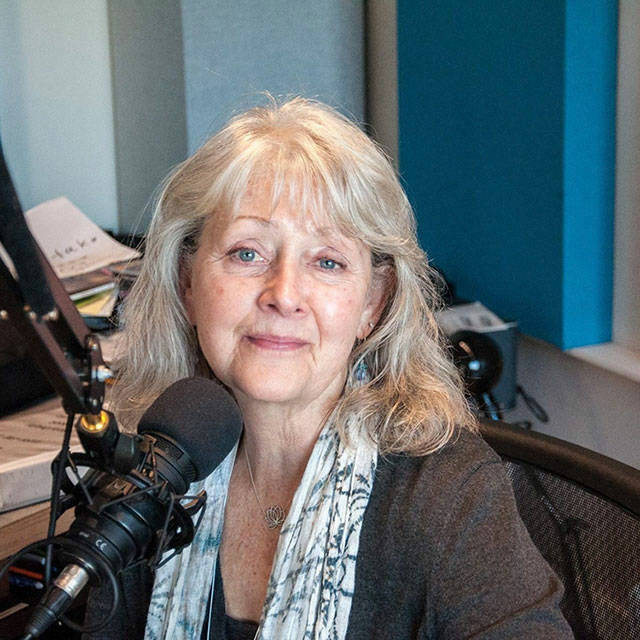Note: This “Green Briefs” commentary is part of regular series contributed by The Whole Vashon Project.
“Live simply so that others may simply live,” is one of Mahatma Gandhi’s most famous quotes.
When he first made that comment, Gandhi was encouraging us all to limit our accumulation of riches and material things so that there would be enough to go around and excess wealth could be shared with others who didn’t have enough.
That’s still a good idea. But there’s another, perhaps more compelling, reason to live simply now and that is to help save our earthly home. Those “others” who will benefit from our simpler lives are the living beings with whom we share this home – the four-leggeds, the flying, buzzing, swimming, crawling and rooted beings. So much of what we consume in our modern lives is acquired at the expense of Earth’s other inhabitants. And, by extension, ourselves.
We currently measure our standard of living by how many “things” we have amassed, how much money we make to acquire those things, and economic growth in general. That growth is largely achieved by depleting nonrenewable natural resources and damaging the environment. The good news is that there is a growing trend built on the urgent understanding that we must preserve and heal the environment, consume less to conserve those finite resources and use what we waste to create what we see as the necessities of life on earth.
In other words, we need to shift our societal promises from “more for everyone, eventually” to “let’s take care of what we have.”
It’s time to look at how we measure wealth or success. In his essay “Wealth, Illth, and Net Welfare,” author Herman Daly, an ecological economist, and emeritus professor at the School of Public Policy of University of Maryland, says, “Well-being should be counted in net terms, that is to say we should consider not only the accumulated stock of wealth but also that of ‘illth;’ and not only the annual flow of goods but also that of ‘bads’.”
He’s suggesting that we, as a culture, need to subtract the negative consequences of production from the positive consequences. US Congressional representative Ilhan Omar has proposed using a GPI (General Progress Indicator) instead of GDP (Gross Domestic Product) to measure our economic/social health.
Robert F. Kennedy saw it coming in 1968. Here’s what he had to say about the mania for production and consumption:
“Too much and for too long, we seem to have surrendered personal excellence and community value in the mere accumulation of material things…Yet the Gross National Product does not allow for the health of our children, the quality of their education, or the joy of their play. It does not include the beauty of our poetry or the strength of our marriages, the intelligence of our public debate or the integrity of our public officials. It measures neither our wit nor our courage, neither our wisdom nor our learning, neither our compassion nor our devotion to our country; it measures everything, in short, except that which makes life worthwhile.”
For most of history, nature’s bounty seemed endless, and we took it for granted. With moderate numbers of people using relatively primitive technologies, the planet was practically impervious to harm from human activity. But, like the frog in the slowly boiling pot, humans continued operating on the idea that increasing production and consumption were good, ignorant of the fact that nature’s bounty is finite.
So, what do we do? We can start by measuring the cost of our daily habits against the benefits. Buying locally produced food saves fuel emissions and supports our Island farmers. Checking out consignment store fashion can mean adventures in style that save new fiber production and child labor. Repairing appliances saves money while conserving precious metal resources, and reducing plastics production and landfill volumes.
Our Island’s Fixit Café is a great resource for repairs, and if you need tools for any project, the Vashon Tool Library probably has them available to borrow. The Whole Vashon Catalog has lots of additional ideas.
Living simply for the earth can also reduce the pressure to earn more and allow more free time for those most important things. Perhaps today’s Gandhi would say “Live simply so that YOU can simply live.”
Susan McCabe, principal for Hannah Ink, lives and writes on Vashon.



